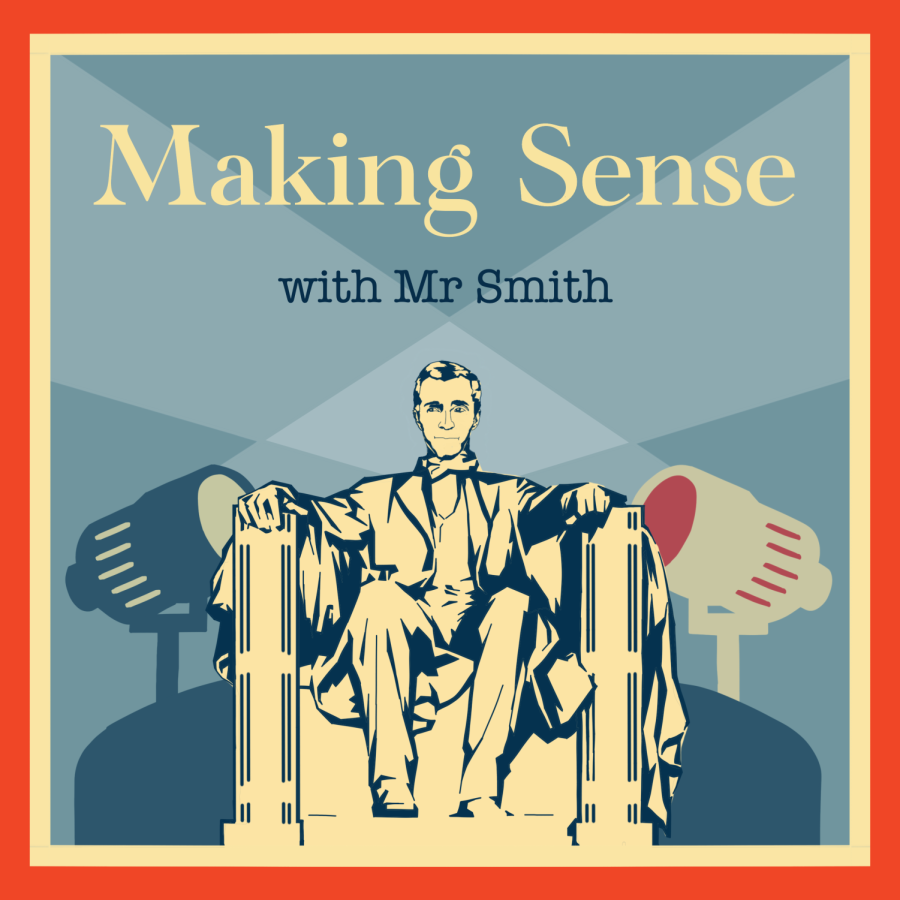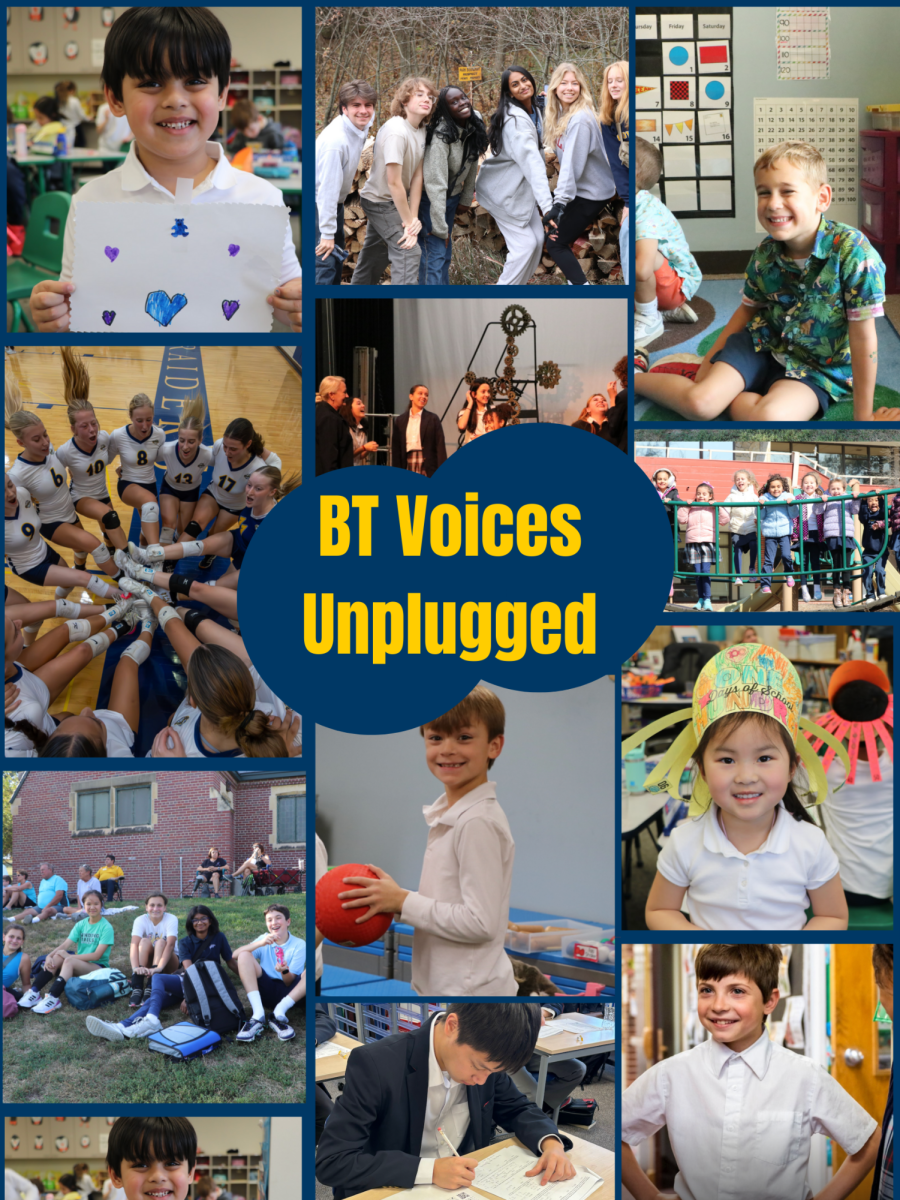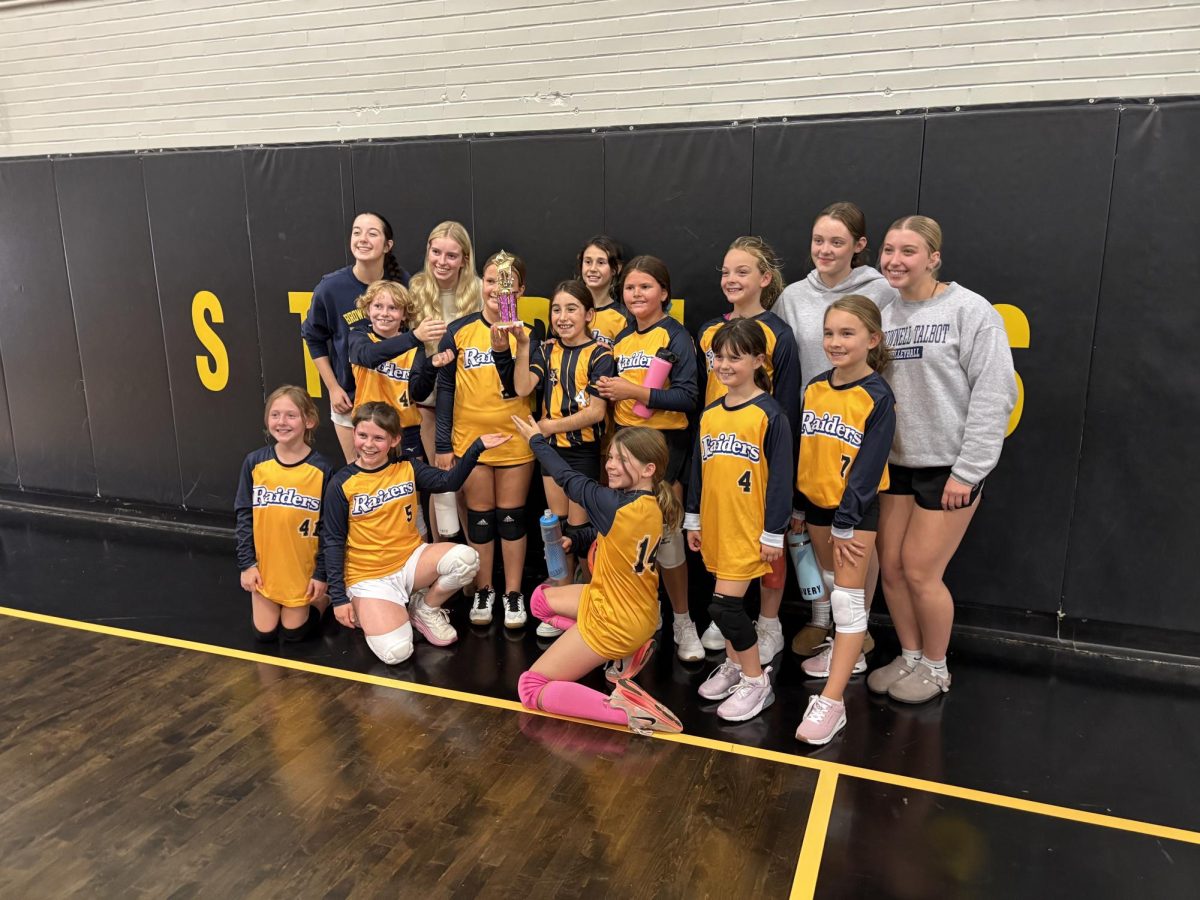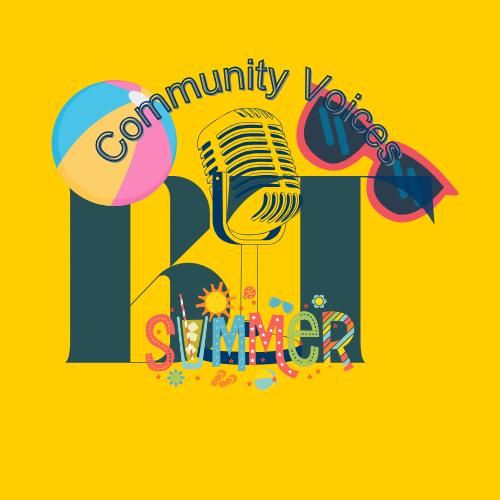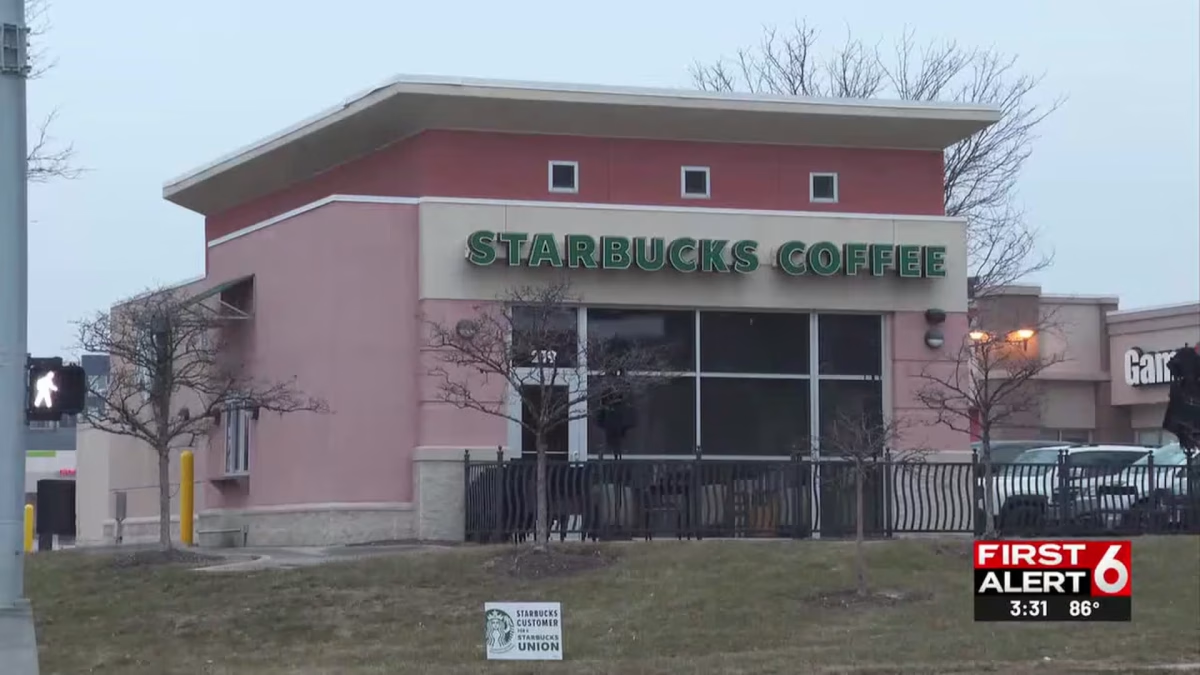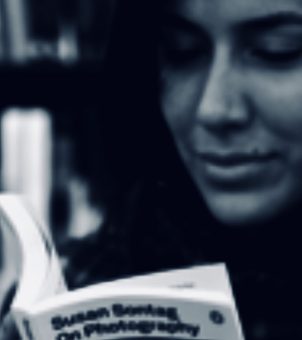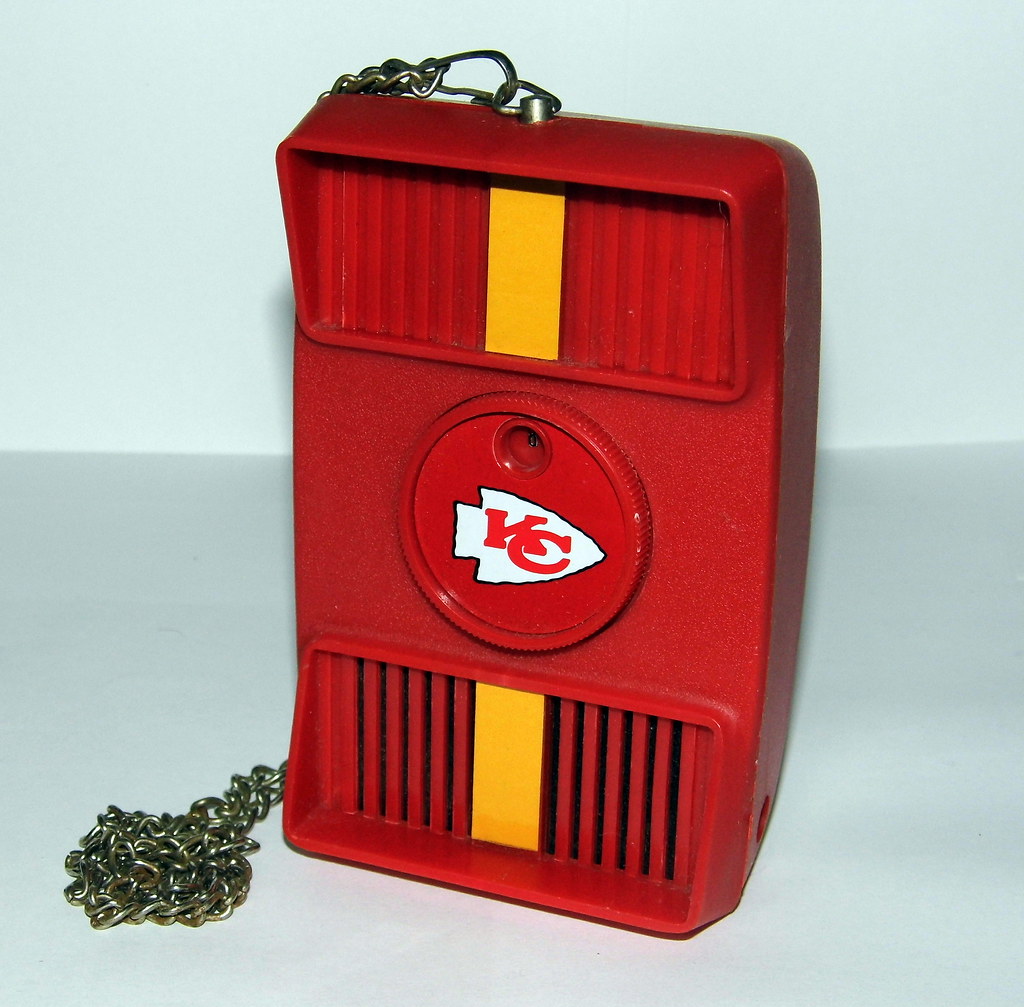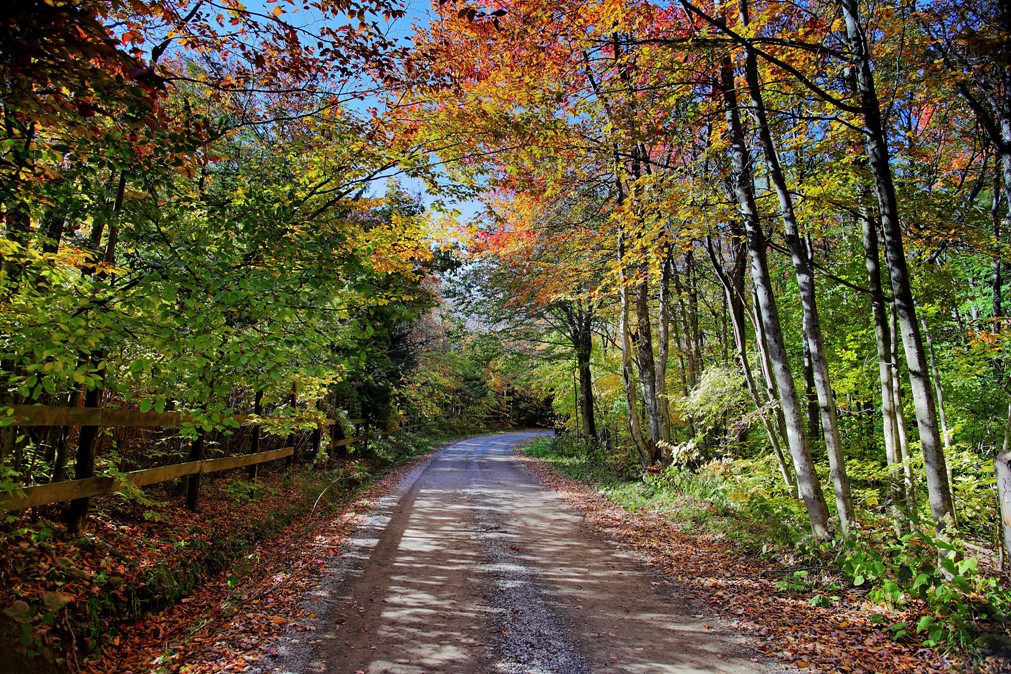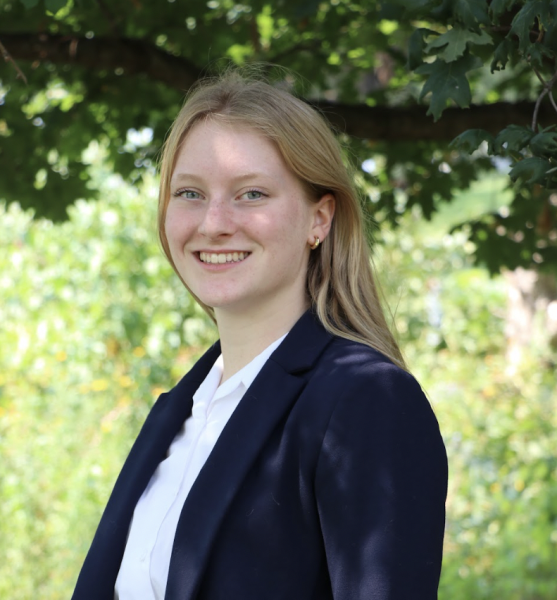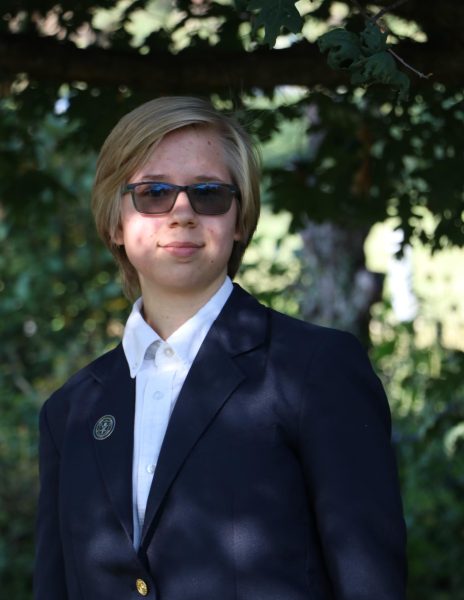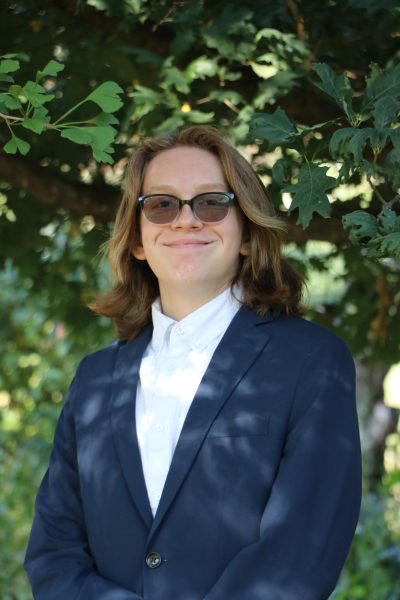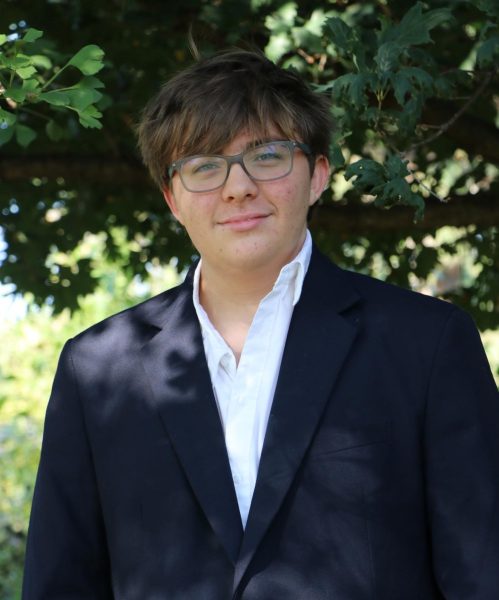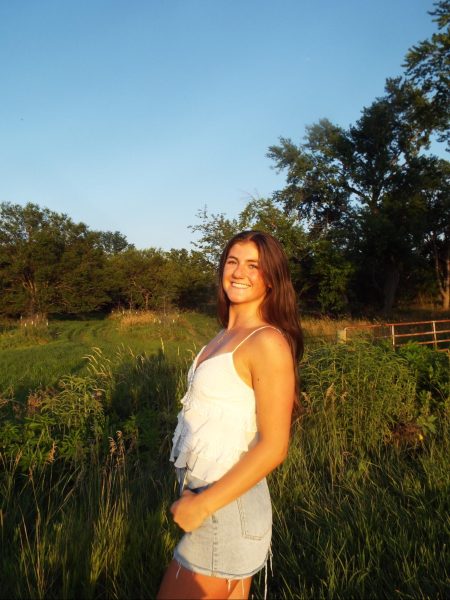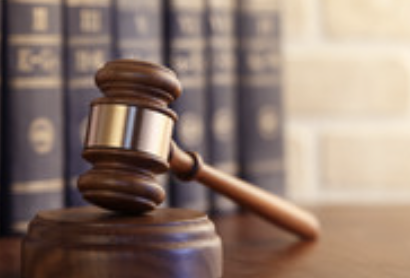
Media coverage of the executive and legislative branches at both the national and local level is quite extensive, and most educated Americans are well versed in the ups and downs holding office as a president, governor, senator, or representative. However, the judicial branch receives considerably less attention, apart from major rulings by the U.S. Supreme Court. The interpretation of laws—and the ability to argue one’s own case in relation to those interpretations—is at the core of American democracy, which means that more attention especially to local judiciary proceedings, including even here at Brownell Talbot, is certainly a timely endeavor.
To this end, our Journalism class recently embarked on a riveting class trip into the heart of the Nebraska legal system to listen to and experience the Court of Appeals. This was a rare occasion and a chance to witness the dance between law and order as the judges eloquently debated and upheld the very essence of justice. What made this experience remarkable was the opportunity for high schools to attend and engage in the process. The judges, generous with their time and knowledge, allowed students to ask them questions which, with the help of their insightful responses, expanded our understanding of the event.
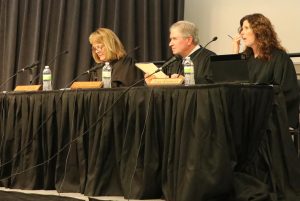
The answers were a true testament to the dedication and passion the judges show daily in upholding legal arguments. With every click of the camera, our media team captured moments of the debate to review after the event. This eye-opening experience not only deepened our understanding of our legal system but also sparked comparisons between it and our own version of the Judicial Branch: the Honor Council. The discussion around ethics, integrity, and the pursuit of justice showed the common threads found between our Honor Council and the Nebraska Court of Appeals. Through this comparison, we aim to shed light on the principles of a just society that we got to experience in our trip to the Court of Appeals.
One of the two cases heard by the state appellate court was a trespassing and disturbing the peace charge, and the purpose of the event was to witness the appeal of the charges. The two groups are the appellate, who is appealing the ruling of the lower court, and appellee, who represents the prosecution and seeks to uphold the initial ruling. We witnessed the two lawyers go back and forth with each other, defending and opposing the appeal. After each side had an opportunity to state their case, the three presiding judges asked questions about the case and the reasoning for or against appeal. These questions relied both on information raised in the oral arguments, as well as the written briefs submitted by each side prior to the court proceedings. Hearing the judges ask questions offered a rare glimpse into the work required for those serving at the highest levels of the judicial branch, but listening to the appellate and appellee debate each other was the highlight of the trip—these arguments were a reminder that in America, even the most unglamorous, even foolish, offenders have the right to a fair trial and opportunity to have their side of the story told.
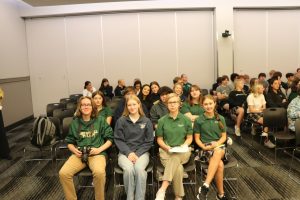
After the appeals had been heard, the judges allowed anyone to come up to the podium and ask questions about the judicial system, jobs in law, and anything else that piqued the crowd’s interest. Several BT students took the opportunity to go up and ask about what they had seen and how it correlates to the greater world. One such question was about what opportunities of growth there were in law. The judges agreed that there were myriad ways to develop a law career. Law careers are heavily dependent on what firm one works for, and most start off as clerks while still in law school. One could eventually become an associate and start to appear in court. By this point, the world opens up in terms of possibilities. All the judges agreed that during the first five years of one’s career, they are treated as if they know nothing. Hence, the first job is always the hardest to earn. In tandem with opportunities, another question asked of the judges was about the best activities to do to prepare for a future law career. Mock trial, speech, drama, and researching court cases online were the top choices in the judges’ eyes, but they also emphasized doing what one enjoys in high school. After that, one should choose an enjoyable major, as well as a minor to fall back on, should things sour.
BT sophomore Christine Aspen asked the most pressing question of the morning: namely, how artificial intelligence and online text generators will affect court proceedings and the legal profession more broadly. The judges unanimously agreed that AI was already becoming a problem, since evidence formerly seen as infallible, like video footage, can’t be presumed to be unaltered with due to the rise of deepfakes and AI-generated pictures. AI has already made an impact in court cases, where lawyers claimed a piece of writing to be true, when it had actually been written by an AI. The judges also conceded that technology had been an immense help to law, especially during the pandemic. The ability to hold court cases online helped (and still helps) speed up the process of law, as did the ability to transfer boxes of records to online databases, where they could be accessed at any time. Overall, the ability to ask questions helped deepen everyone’s understanding of the appeals court and the field of law in general.
The judicial branch here at Brownell Talbot School consists of the Honor Council; however, many students are unaware of what the Honor Council is and how it works. In order to understand how it relates to Nebraska’s judicial branch, it is important to fully comprehend how it affects our school community. The Honor Council is made up of students from each grade level who Mr. Coffee deems to have a high level of integrity and honesty. When there is a violation of academic honor, such as an instance of plagiarism, cheating, or copying, a student can be referred to the council by a teacher. The council of students will then convene with Mr. Coffee to discuss the type of academic infraction and the specific, relevant consequence. The student with the violation may admit fault and accept the consequence or they may have their “court appearance” and appeal the consequence given to them. In that case, they would sit with the honor council and plead their case. An individual may choose to do this if they were not guilty of the infraction and don’t want their offense to be officially in the record and affect their future. According to Mr. Coffee, the use of the Honor Council is rare. During the 2022-2023 school year, it was used once. This may beg the question” is the Honor Council utilized to its full extent, or is the BT student body exceptionally honest with a high degree of academic integrity?
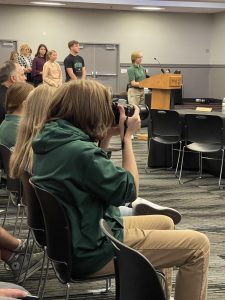
Nebraska’s judicial system is written down in laws and strictly followed to the highest degree, meaning it is a relatively stagnant system and not subject to a lot of change in the future. However, modern AI technology is quickly becoming a worry for the judges sitting on the Court of Appeals and to people in other sects of our judicial branch—as clearly expressed in the Q & A at the UNO event. AI can create false stories that are being certified as correct without being checked over properly, and that has the possibility to affect the integrity of our system. Transformative technology, like Chat GPT, might make it necessary for our state to adapt in ways previously unforeseen, as is currently happening on our own campus. Our Honor Council is also a stagnant, rarely used, resource so there is not a lot of opportunity for improvement and change. Perhaps there’s an opportunity to engage our Honor Council more actively in the workings of the school by using it as a place to address rising concerns about AI and text generation software used by both students and faculty in the classrooms. Instead of being a part of the school that is rarely discussed and almost never seen, giving these student representatives of BT’s judiciary system a wider range of responsibilities could help navigate these changing times and provide additional real-world lessons on how technology is making the work of those interpreting laws and rules more relevant to everyday life at work, home, and school.


